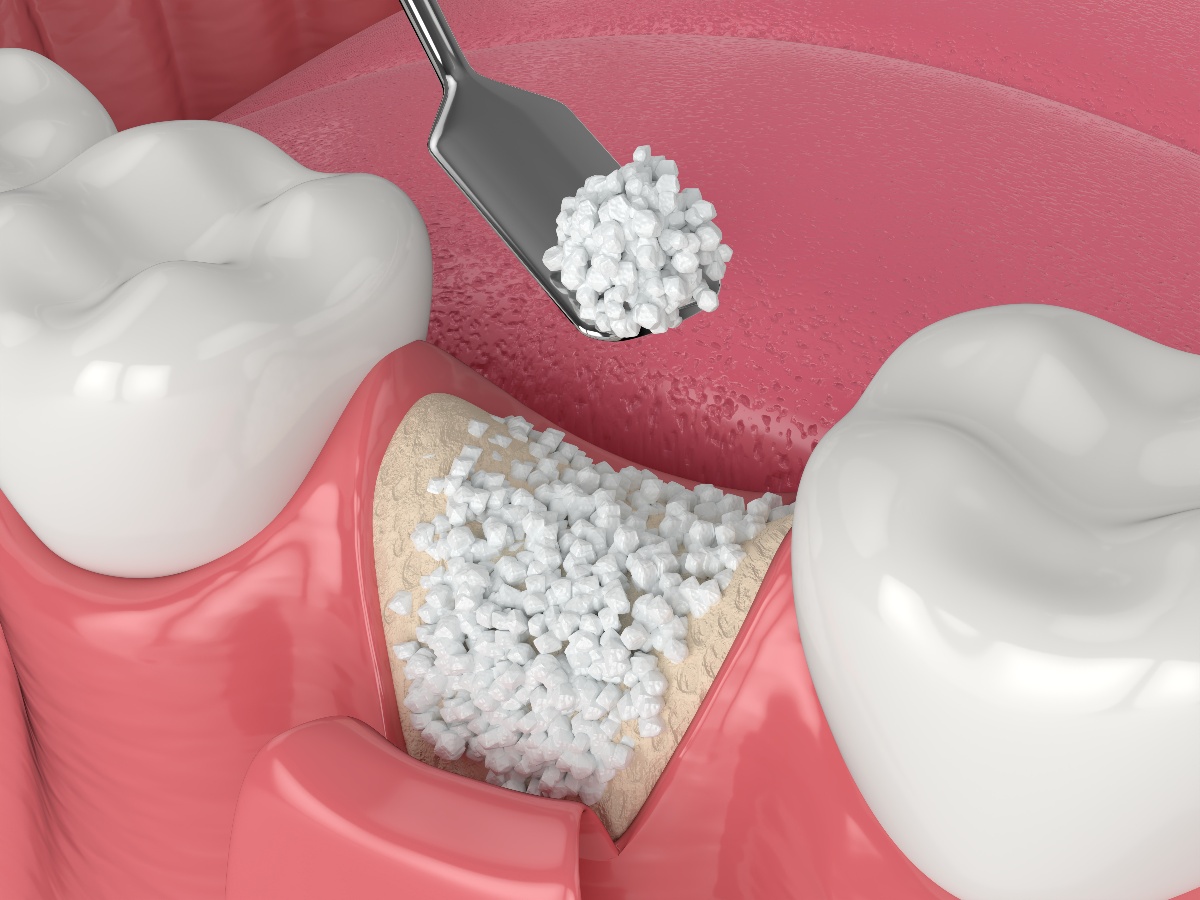Full mouth rehabilitation is a comprehensive approach to improving the health, function, and beauty of your teeth and mouth. This goal is accomplished using multiple treatments, including porcelain crowns, veneers, bridges, implants, and other specialized dental procedures. Ten signs you might need and benefit from full mouth rehabilitation are discussed below.
Ten Signs You Might Need Full Mouth Rehabilitation
Typically, most people experience at least a minor problem with one or more teeth throughout their lives. However, you may eventually require more extensive treatment than one or two fillings. Under certain conditions, your dentist may discuss treating your entire mouth to improve your oral health. Some of the signs you may have that suggest you may benefit from full mouth rehabilitation include:
1. Persistent pain or discomfort in the jaw, head, or neck
This could be a sign of malocclusion, or a bad bite, which can lead to further dental problems if left untreated.
2. Worn, chipped, or broken teeth
There are several possible reasons you may have damaged teeth, including:
- Bruxism. Grinding your teeth at night places tremendous stress on your teeth and can cause symptoms such as headaches and jaw pain.
- Acid erosion. Acidic foods and drinks, chronic dry mouth, and acid reflux can destroy tooth enamel, which can cause all of your teeth to require dental treatment.
- Trauma. Automobile accidents, sports, and falls can chip or fracture several teeth in one quick incident.
- Diet. The foods and drinks you consume can have a significant effect on the health of your dental enamel. Overconsumption of acidic, hard, sticky, and sugary foods and drinks can all negatively affect your oral health.
- Unhealthy habits. You can damage all of your teeth by chronically chewing ice or fingernails. Sucking on sugary mints or hard candy for several years can also harm your enamel.
- Aging. As you grow older, it is more likely that your teeth will wear down, chip, and discolor and have a negative impact on your smile.
3. Difficulty eating or speaking
If you constantly have trouble chewing your food or saying some words, it could be a sign that your teeth and jaws are not properly aligned.
4. Stained, yellow, or discolored teeth
Diet, tobacco use, certain medications, genetics, medical conditions, and aging can all change the color of your teeth and impact the beauty of your smile.
5. Gums that bleed easily
Bleeding gums can be a sign of gingivitis or the more severe condition of periodontitis. Periodontal disease can affect all of your teeth and may result in tooth extractions and complex restorative treatment.
6. Multiple missing teeth
Loss of one or two teeth is still common due to periodontal disease, trauma, or tooth decay. These cases are easily treated with single-tooth implants or fixed dental bridges. However, missing many teeth complicates the treatment and may require full mouth reconstruction for an optimal outcome.
7. Difficulty cleaning teeth or gums
If you struggle to keep your teeth and gums clean no matter how hard you try, you may have a problem with the misalignment of your jaws and teeth. This condition may require a combination of several procedures, including restorative, orthodontic, and periodontal.
8. Frequent dental cavities
Over time, tooth decay can destroy a considerable amount of tooth structure. This may lead to the need for extractions and many porcelain dental restorations to restore the esthetics and function of your teeth.
9. Chronic halitosis
A persistent bad taste or bad breath is nothing to be ignored. The causes of this include severe gum disease, tooth decay, and dry mouth, which can all lead to extensive tooth damage.
10. Dissatisfaction with your smile
You may want your smile enhanced for multiple reasons, such as how much or little your teeth show when smiling, spaces between your teeth, or having your teeth protrude excessively. A full mouth rehabilitation consultation can answer all of your questions and let you know your options.
The Benefits of Full Mouth Rehabilitation
There are many benefits to rebuilding your bite and your smile with full-mouth rehabilitation. These benefits include the following.
- Improved oral function. One of the primary benefits of full mouth rehabilitation is restoring your ability to eat, speak, and chew comfortably and confidently. This is especially important if you have missing teeth or damaged teeth that are affecting your ability to function normally. Full mouth rehabilitation can help replace missing teeth with permanent, natural-looking alternatives such as dental implants. It can also repair damaged teeth and restore their strength and function. For example, if you have a tooth that is severely decayed or damaged, a crown can be placed over the top of the tooth to protect it and restore its function. This can help improve your ability to eat and speak and protect your oral health by preventing further damage to the tooth.
- Enhanced aesthetics. Another benefit of full mouth rehabilitation is the improvement of the appearance of your teeth and smile. Porcelain crowns, veneers, and other restorations can give you a beautiful, natural-looking smile that you can be proud of. This can boost your self-esteem and confidence and help you feel more comfortable in social situations. If you have teeth that are discolored or misshapen, veneers can be used to cover the front surfaces of the teeth and give you a brighter, more attractive smile.
- Improved overall health. Full mouth rehabilitation can also positively impact your overall health and well-being. Addressing issues like tooth decay and periodontal disease can help reduce your risk of dental infections and related complications. Good oral health has also been linked to various overall health benefits, such as reduced heart disease and stroke risk. For example, if you have gum disease, full mouth rehabilitation can help treat the infection and prevent it from spreading to other areas of the mouth. This can help improve your oral health and reduce your risk of other health issues.
- Increased self-esteem and confidence. A healthy, functional, attractive smile can significantly impact your self-esteem and confidence. Full mouth rehabilitation can give you the smile you have always wanted, which can positively affect your personal and professional relationships. If you have been self-conscious about your smile due to missing teeth or other issues, full mouth rehabilitation can help restore your confidence and improve your quality of life.
- Cost-effective treatment. While full mouth rehabilitation can be a significant investment, it can also be a cost-effective treatment in the long run. Addressing issues like missing teeth and tooth decay can help prevent the need for future dental treatment and reduce the risk of developing more serious oral health problems.
Schedule an Appointment
To learn more about how you can benefit from full mouth rehabilitation, call us or contact us online.




